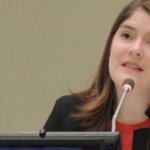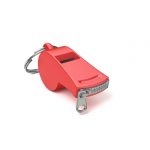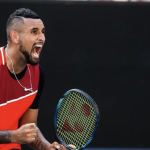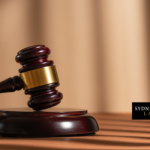First Nations Prison Rate Climbs, Despite Pandemic Drop in Overall Inmate Numbers
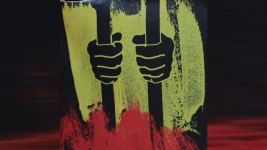
The NSW Bureau of Crimes Statistics and Research (BOCSAR) just released its state custody figures for June 2022, which indicate that inmate numbers have continued on with their downward spiral that commenced at the onset of the COVID-19 pandemic.
Mid-year, there were 12,336 adult prisoners in the NSW correctional system, whilst prior to the onset of the coronavirus, in June 2019, there were 13,403 people inside this state’s prisons, marking a drop of over 1,000 prisoners.
But, in stark contrast, the number of First Nations inmates has continued to rise. Since March, an additional 117 adult Aboriginal people had been incarcerated in state gaols. This led to 3,581 First Nations adults inside in June, as compared with 3,474 back in mid-2019.
“Unfortunately, the COVID-related fall in the prison population was short-lived for Aboriginal people,” BOCSAR executive director Jackie Fitzgerald said in a statement earlier this month.
“Since June 2019, the Aboriginal male population has grown by 2.9 percent to 3,258. The Aboriginal female population also rose to 323, a growth of 5.2 percent.”
These figures indicate that while there have been less people out on the street, NSW police continued to target First Nations people in its operations.
And the data further reveals that despite Indigenous people making up less than 3 percent of the state populace, they account for 29 percent of those inside.
Settler colonial injustice
NSW is no anomaly when it comes to the disproportionate imprisonment of Aboriginal and Torres Strait Islander peoples. Indeed, the First Peoples of this continent are amongst the most incarcerated people on the planet.
The latest ABS figures show that in March, of the 40,333 adult prisoners locked up in Australian gaols nationwide, 12,566 were First Nations inmates, which accounts for 31 percent of that population, while Indigenous people, again, make up less than 3 percent of the overall national populace.
The reasons for these disparities are well documented: a dispossessed people, marginalised by the settler colonial society established on their land, are overpoliced by its law enforcement systems, with its courts more likely to deny bail and impose custodial penalties upon them.
And not only does the Australian criminal justice system overincarcerate First Nations people, but when they are in the custody of law enforcement or corrections, Aboriginal and Torres Strait Islander people die in disproportionate numbers.
Deaths in custody
The count being kept by the NSW Council for Civil Liberties puts the number of Aboriginal deaths in custody at 498 deaths, since the Royal Commission into such deaths handed down its final report in 1991.
The last death involved an unidentified 32-year-old Aboriginal man being found unconscious in his cell in Western Australia’s Casuarina Prison on 31 July.
At the time the Royal Commission handed down its comprehensive 339 recommendations on how to prevent First Nations custodial deaths in 1991, 14 percent of the nation’s adult prisoner population was Indigenous. Yet, 30 years on, this has more than doubled to 31 percent.
The Guardian reported earlier this week that 16 Aboriginal people were killed during NSW police operations last year, which doubled on the previous 1997 record, which saw eight Indigenous individuals lose their lives to state law enforcement.
These figures included 45-year-old Gomeroi man Stanley Russell, who was shot by NSW police officers in his aunt’s Seven Hills home last November, whilst she had been politely asked to step outside.
Tragically, Russell’s was not the first death in custody his family has had to endure. Stanley’s older brother, Edward, died whilst he was serving time in Sydney’s Long Bay Gaol in 1999, when he was just 26 years old.


